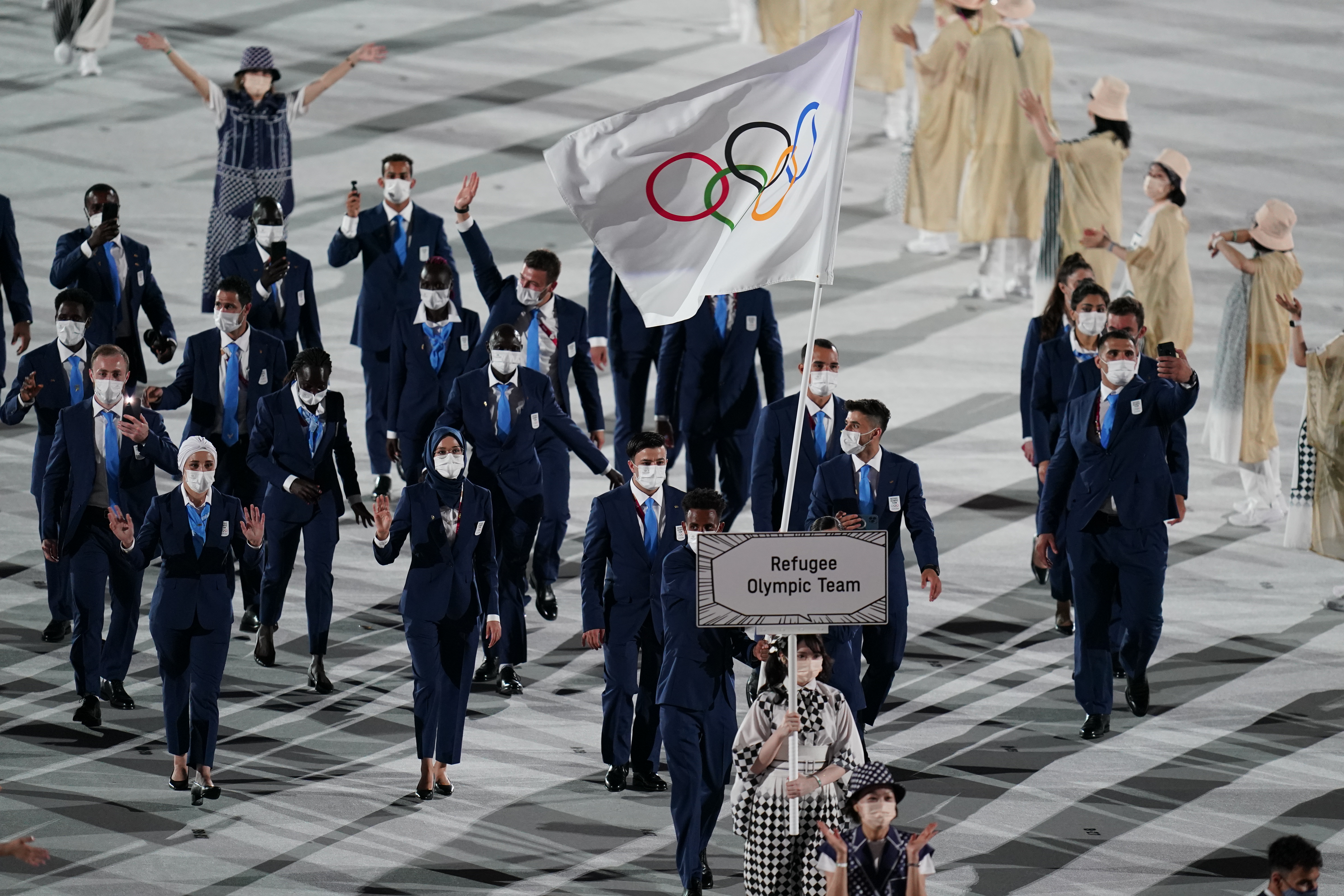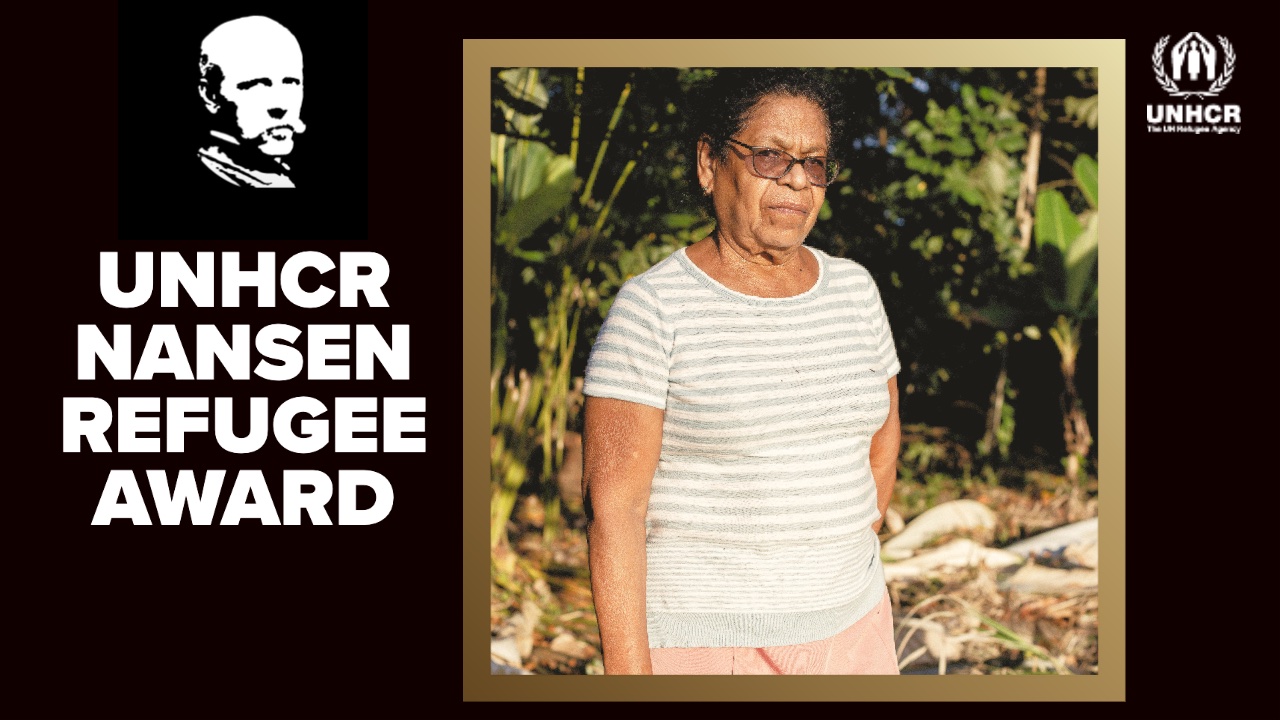Afghan and Pakistani women pick up physiotherapy skills
Afghan and Pakistani women pick up physiotherapy skills

PESHAWAR, Pakistan, February 18 (UNHCR) - Surrounded by exercise charts and posters of muscle groups and anatomy, a class of Afghan and Pakistani women listen keenly to their teacher before peppering him with questions.
The 29 women, 22 of them refugees from Afghanistan, are enrolled in a four-month physiotherapy course in Peshawar, the capital of Pakistan's North West Frontier Province. The course is part of a new UNHCR-funded programme to help local and refugee women learn new and vital skills which will qualify them to work as community rehabilitation workers.
The training is conducted by the Physiotherapy Educational Institute in Peshawar. "Our objective is the prevention of physical disability through exercise," explained Mehoob Ur Rehman, director of the institute.
Once trained, the women will treat a wide range of injuries and conditions. This might include physiotherapy for people recovering from injuries suffered during the devastating 2005 Pakistan earthquake or assisting pregnant mothers.
Alia, one of the course participants, said she was impressed by the benefits of physiotherapy, which entails the treatment of disease, injury or deformity by exercise or physical methods, such as massage, rather than by drugs or surgery.
"I opted for this course because I know many women who are suffering from common illness which can be cured through physiotherapy. Mostly after childbirth, they suffer from back and knee aches and proper exercises can help them a lot," the 27-year-old Pakistani said.
The UN refugee agency is footing the bill for all of the participants, including tuition fees, course material costs, transportation and a stipend. Ten years of schooling, including basic science, is a requirement for entry to the course.
The Physio-Helpers and Community Rehabilitation Worker Course combines theoretical and practical components, and students are expected to attend class six days a week. Each graduate will receive a toolkit from UNHCR - including infrared lamps, a massager and an electric stimulator - to help them put their new found skills to use.
"These tools are helpful in relieving pain and preventing the physical disability of people due to lack of exercise," said Dr Ur Rehman, adding that their use by the trainees would enable their patients to avoid going to clinics for treatment.
Safia, an enthusiastic 23-year-old Afghan student, learnt about the course through a friend. "It will allow me to help many patients who can be cured easily but continue suffering. I can use my skills, even if I go back to my country someday. Many people in Afghanistan need our help."
The physiotherapy course is part of UNHCR's Refugee Affected and Hosting Areas (RAHA) programme, which aims to help Afghan refugees as well as the Pakistani communities that have hosted them for so many years. There are currently 1.7 million registered Afghan refugees in Pakistan, most of whom live in urban settlements alongside Pakistanis.
The RAHA programme was launched in 2007, with special emphasis on developing the skills of needy Afghan and Pakistani women. Projects have included the rehabilitation of clinics and water systems along with other development and self-reliance programmes.
"The need for such a programme was felt after the devastating earthquake of 2005 in Pakistan's northern areas, which affected both locals and Afghans," UNHCR Senior Programme Assistant Abdul Waheed noted. "There were thousands of injured people who needed rehabilitation help, and there were few who had the skills."
By Rabia Ali in Peshawar, Pakistan








